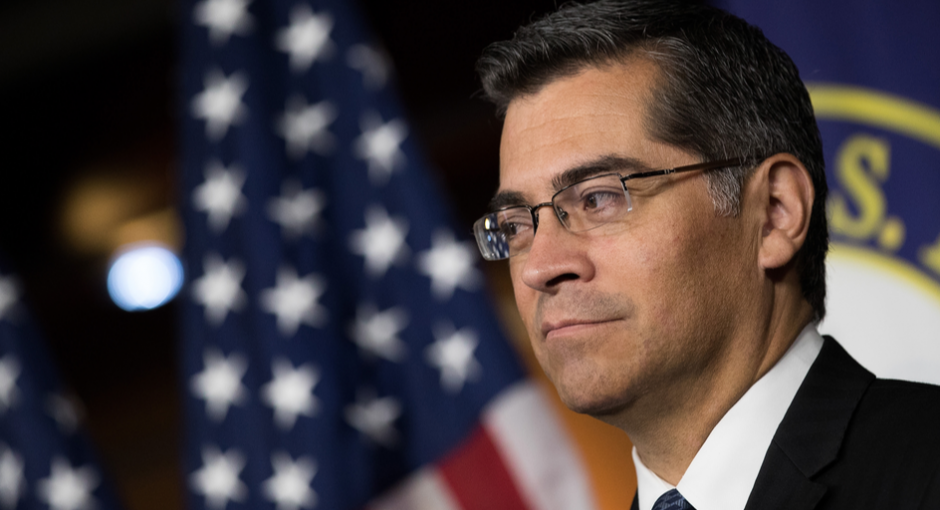U.S. Health and Human Services (HHS) Secretary Xavier Becerra on Monday extended the COVID-19 national public health emergency (PHE) for another 90 days, to Oct. 17. The move extends 340B program flexibilities implemented during the pandemic’s early days.
In late January, then-Acting HHS Secretary Norris Cochran told state governors that the department had determined that the pandemic PHE would likely continue for all of 2021. PHE declarations expire after 90 days. In remarks to attendees of the 340B Coalition’s summer conference yesterday, Rear Adm. Krista Pedley, Director of the U.S. Health Resources and Services Administration’s (HRSA) Office of Pharmacy Affairs, said that HRSA remains committed to providing the utmost flexibility, to the fullest extent possible to all stakeholders participating in the program, while ensuring program integrity.
In March 2020, the U.S. Health Resources and Services Administration added a page to the 340B program website describing “general flexibilities that covered entities should adhere to during this public health emergency.” In June 2020, it said two flexibilities described on the page—regarding use of telehealth in 340B, and use of 340B drugs in offsite outpatient facilities not yet listed as reimbursable on a hospital’s most recently filed Medicare cost report—were not just for the duration of the COVID-19 public health emergency but permanent.
340B program flexibilities allowed and denied during the COVID-19 emergency include:
- HRSA is letting some entities, upon request and review, enroll immediately in 340B.
- It is considering exemptions to 340B site registration requirements on a case-by-case basis.
- It is not waiving the Medicare disproportionate share (DSH) adjustment percentage requirement for certain hospitals to participate in 340B.
- It has not relaxed 340B statutory patient definition requirements related to diversion, but is granting some recordkeeping flexibilities.
- It has not relaxed 340B statutory requirements prohibiting DSH, children’s, and free-standing cancer hospitals from obtaining 340B covered outpatient drugs through a group purchasing organization (GPO). It said on the COVID-19 resources page, however, that if a hospital cannot buy a covered drug at the 340B price or wholesale acquisition cost “due to shortages, it may use a GPO (or GPO private label products). Hospitals do not need to report this information to HRSA under the COVID-19 public health emergency. The covered entity should address these situations in their policies and procedures and it must continue to keep auditable records.”
- It told drug manufacturers to contact HRSA if they wish to make private label products that are covered outpatient drugs available to covered entities at or below the 340B price.
- It is conducting covered entity audits remotely, and in some cases has granted entities chosen for audits extra time to respond to deadlines.


